AI Agents for Ecommerce: Complete Guide in 2025

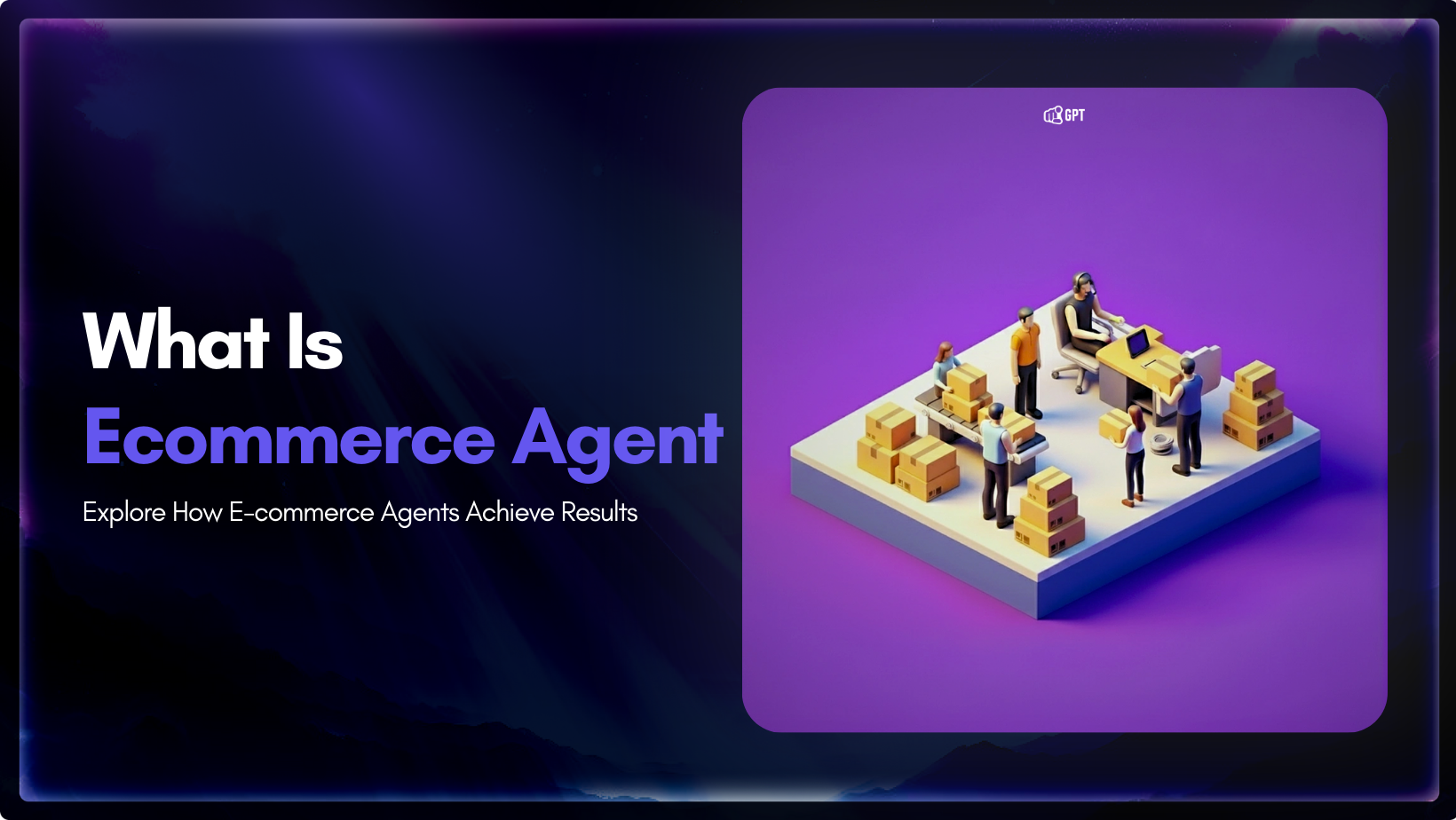
Global ecommerce revenue is expected to pass 6.9 trillion dollars in 2025. With that growth comes a sharp rise in customer interactions. Brands are flooded with questions about products orders and returns while shoppers demand fast answers at any hour on chat email social and voice. Expanding human teams at the same pace is costly and unsustainable.
AI agents are changing how this challenge is managed. They resolve support requests instantly recommend relevant products, follow up after purchases, reduce wait times and even assist internal teams with repetitive work. The result is faster response times lower service costs and better customer satisfaction
What sets 2025 apart is the maturity of these systems. Today’s agents are powered by advanced models that can understand intent adapt to business data and operate across every channel without disruption. They are no longer optional tools but part of the core ecommerce stack.
In this blog we cover the applications benefits and trends of AI agents for ecommerce in 2025 and show how businesses are using them to scale effectively.
AI agents for ecommerce are not limited to chatting with customers. They act as operational systems that learn from business data and manage end-to-end interactions across sales and support.
They can interact with your customers through all the channel like live chat, email, social messaging apps, or even phone support. Their role in online retail extends into areas that directly impact cost efficiency, customer loyalty, and revenue growth.
Applications of AI agents in ecommerce include:
Because these systems are trained on a company’s own data such as product catalogues, policies, historical tickets, so its replies align with the brand’s knowledge and tone. The outcome is faster service, lower operational costs, and customer experiences that feel consistent and trustworthy.
AI agents for ecommerce in 2025 are part of everyday operations. Companies rely on them for various tasks such as:
Brands with high order volumes use AI agents to handle thousands of support tickets each day. Agents resolve common issues such as order status, shipping delays, and return requests instantly. This reduces response times and helps companies maintain service quality even during seasonal spikes.
AI agents connect directly with product catalogues and customer data. They answer detailed product questions and recommend items that match browsing history or cart contents. For brands, this means better support, fewer abandoned carts and higher conversion rates.
After checkout, AI agents keep customers informed with delivery updates, refund progress, and follow-up messages. This level of proactive communication reduces customer anxiety and increases trust in the brand.
Many companies use AI agents as internal copilots. Agents summarise long conversations, draft responses, and highlight urgent cases. This reduces handling time and allows human agents to focus on complex situations that need empathy or negotiation.
Beyond support, AI agents help in driving sales. They recommend add-ons at checkout, highlight promotions during conversations, and re-engage past customers with personalised suggestions. These interactions directly increase average order value and customer lifetime value.
We have already looked at what AI agents do and where they fit into ecommerce. The final step is understanding why adoption has accelerated in 2025. The change is driven by advances in Generative AI and the measurable business outcomes it creates.
Together these reasons explain why ecommerce brands see AI agents in 2025 not just as a cost-saving measure but as a growth engine.
AI agents vary widely in capability, so selecting the right platform requires a clear view of your business needs. The best systems combine flexibility, accuracy, and ease of integration. Here are the factors to consider when evaluating your options:
By focusing on these criteria, you ensure the AI agent platform you choose not only supports customers today but continues to deliver value as your operations expand.
The best results come when businesses begin with a focused plan. Once the first use case shows measurable impact such as faster response times or reduced support load the same approach can be expanded step by step into other channels. Here is a clear roadmap you can follow:
Starting this way help you deliver, builds trust across your team, and creates a foundation for scaling AI agents into a long-term growth driver for ecommerce.
AI agents have moved beyond basic automation. The latest systems are more unified, intelligent, and business-ready, giving brands powerful ways to improve support and engagement. Here are the advancements setting them apart in 2025:
Early adopters are already reporting measurable gains in efficiency, customer satisfaction, and revenue. Businesses that embrace these capabilities now are setting the standard for customer experience in the years ahead.
An AI agent is software that talks to your customers just like a human would. It can answer questions, help track orders, suggest products, and even handle returns—through chat, voice, email, or messaging apps.
Most chatbots follow pre-set scripts. AI agents actually understand what the customer is asking, respond naturally, and learn from past conversations. It’s like the difference between a call center menu and a real conversation.
Yes, and that’s one of the biggest benefits. AI agents don’t sleep—they’re available around the clock, so your customers always get answers, even on weekends or during holidays.
AI agents can take care of common support tasks like “Where’s my order?”, product FAQs, return requests, and follow-ups. They also help guide shoppers through the buying process by suggesting the right items or answering pre-sale questions.
You’ll still need your team—but they won’t be stuck answering the same five questions all day. AI handles repetitive tickets so your team can focus on conversations that need a human touch.
Absolutely. Voice AI is growing fast. You can set up AI agents to answer calls, confirm order details, or help customers through automated menus—without sounding robotic.
Yes, as long as you’re using a platform that’s built with privacy in mind. Most providers follow strict standards like GDPR and CCPA, so your data stays protected and compliant.
You can upload your support docs, FAQs, product descriptions, and past chat transcripts. The AI learns from that content and responds in a way that feels on-brand.
It does. Most AI tools integrate with platforms like Shopify, WooCommerce, and BigCommerce. Setup is usually simple—and you don’t need to write any code.
You can track things like how fast the agent replies, how many tickets it solves, how often customers still need human help, and whether it’s helping people complete purchases. That gives you a clear picture of its impact.
AI agents are a core part of customer support in 2025. Businesses use them to respond instantly, deliver consistent information, and manage conversations across every channel. From answering product questions to guiding purchases and resolving tickets, they make service faster and more reliable around the clock.
For For eCommerce and service-focused companies the benefits are clear. Customers receive quick and accurate replies, conversations flow smoothly, and satisfaction rises. Support teams gain more space to focus on complex requests, build stronger relationships, and refine workflows that improve the overall experience.
Platforms such as YourGPT make this shift straightforward. By combining automation with training on real business data and easy integration into existing systems, YourGPT helps companies deliver speed, scale, and reliability. Human teams stay focused on high-value work while customers enjoy service that feels effortless. The result is stronger loyalty and a lasting competitive advantage.
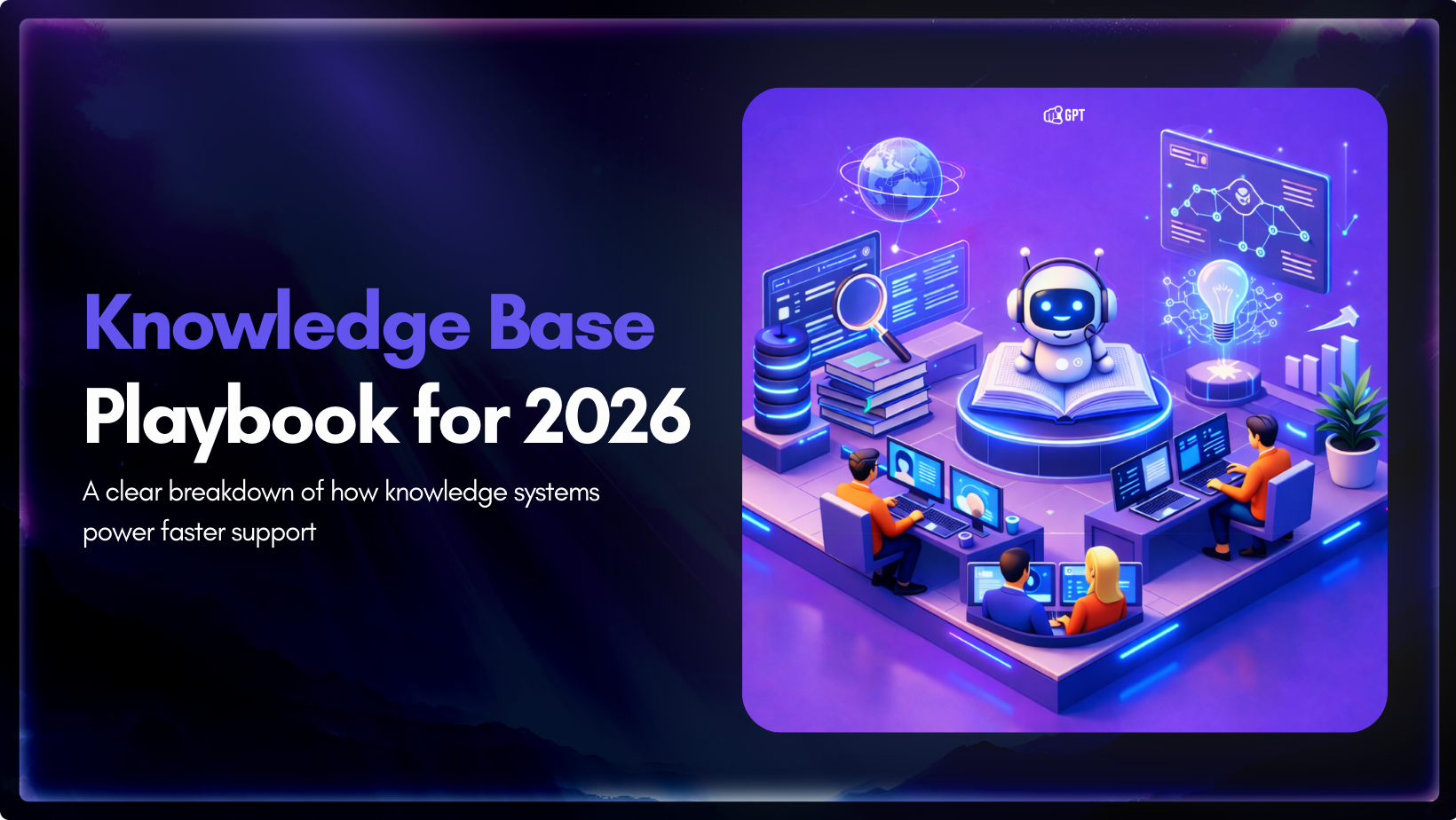
Access to clear, accurate information now sits at the center of customer experience and internal operations. People search first when setting up products, reviewing policies, or resolving issues, making structured knowledge essential for fast, consistent answers. A knowledge base organizes repeatable information such as guides, workflows, documentation, and policies into a searchable system that supports […]

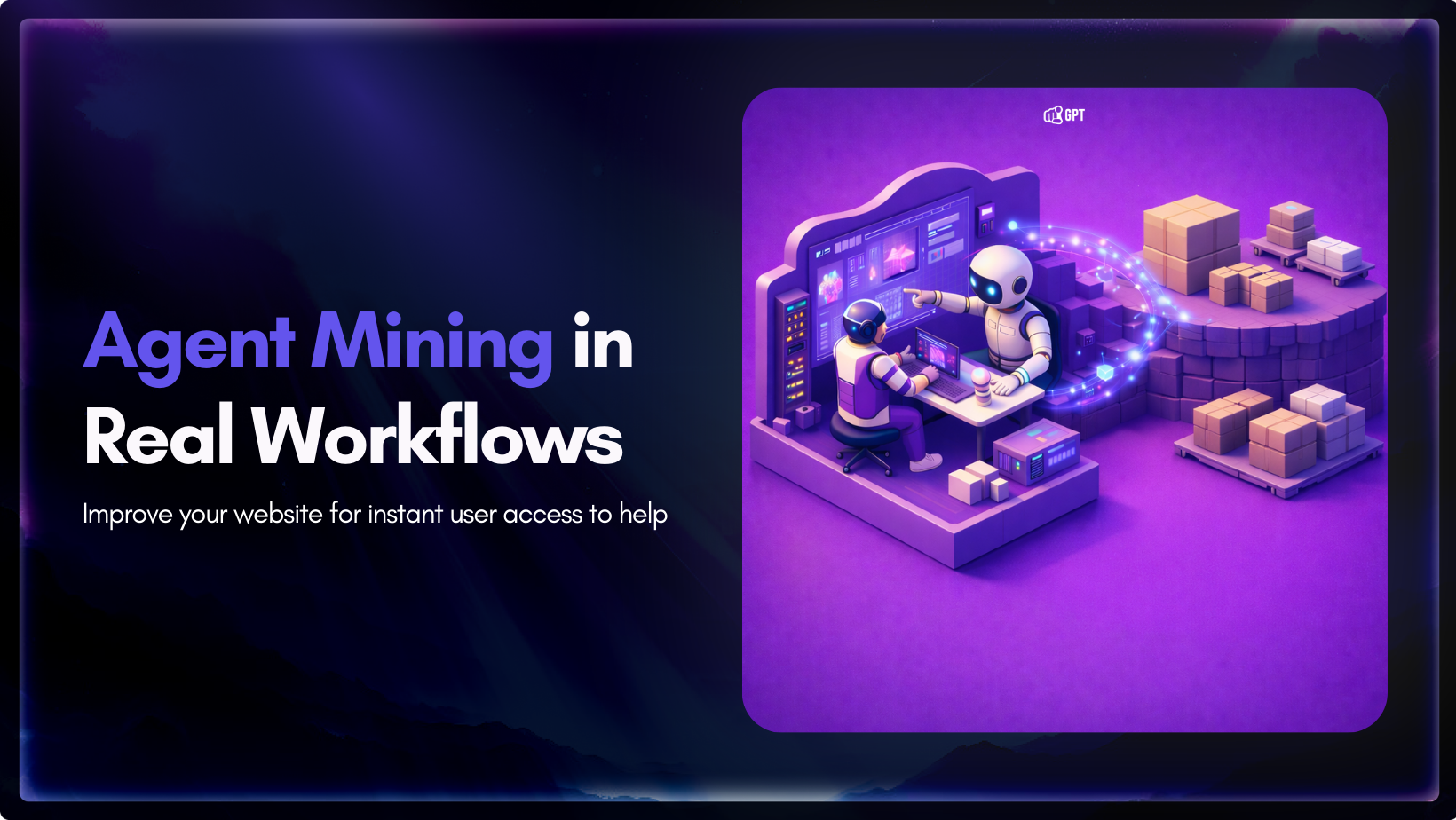
TL;DR Agent mining shifts AI from answering questions to executing real work across systems through controlled, repeatable workflows with verification. By automating repetitive operations with guardrails and observability, agents reduce friction, improve consistency, and let humans focus on decisions and edge cases. For a decade, AI was mostly framed as something that answers. It explains, […]

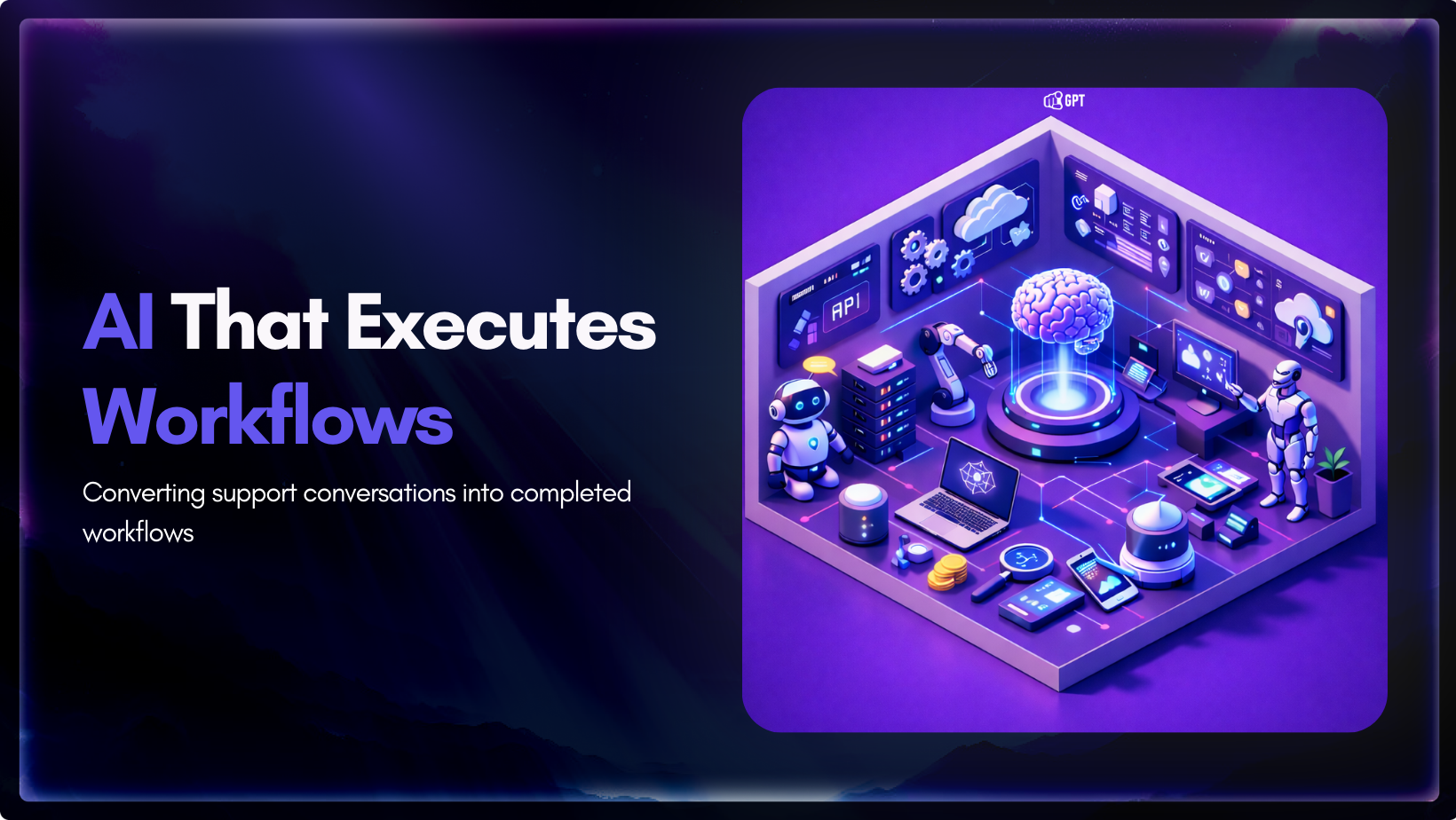
Say “AI” and most people still think ChatGPT. A chat interface where you type a question and get an answer back. Fast, helpful, sometimes impressive. Three years after ChatGPT went viral, surveys show that’s still how most people think about AI. For many, ChatGPT isn’t just an example of AI. It is AI. The entire […]

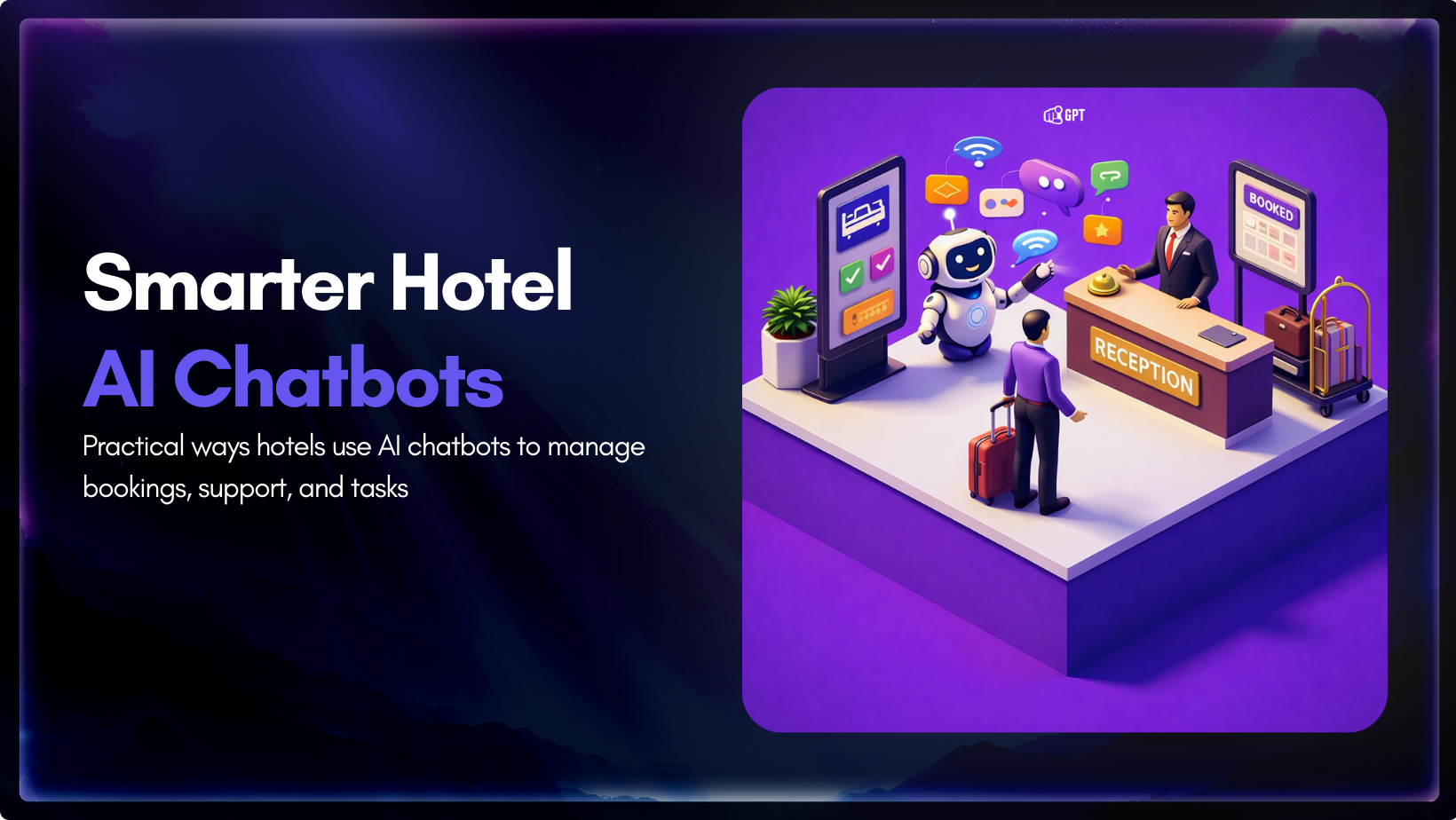
Hotel guests don’t wait for business hours to ask questions. They message whenever it’s convenient for them, which is usually when your staff aren’t available to respond. If they don’t hear back quickly, they book elsewhere. The requests themselves are rarely complicated. Guests want to know about availability, check-in procedures, whether pets are allowed, or […]

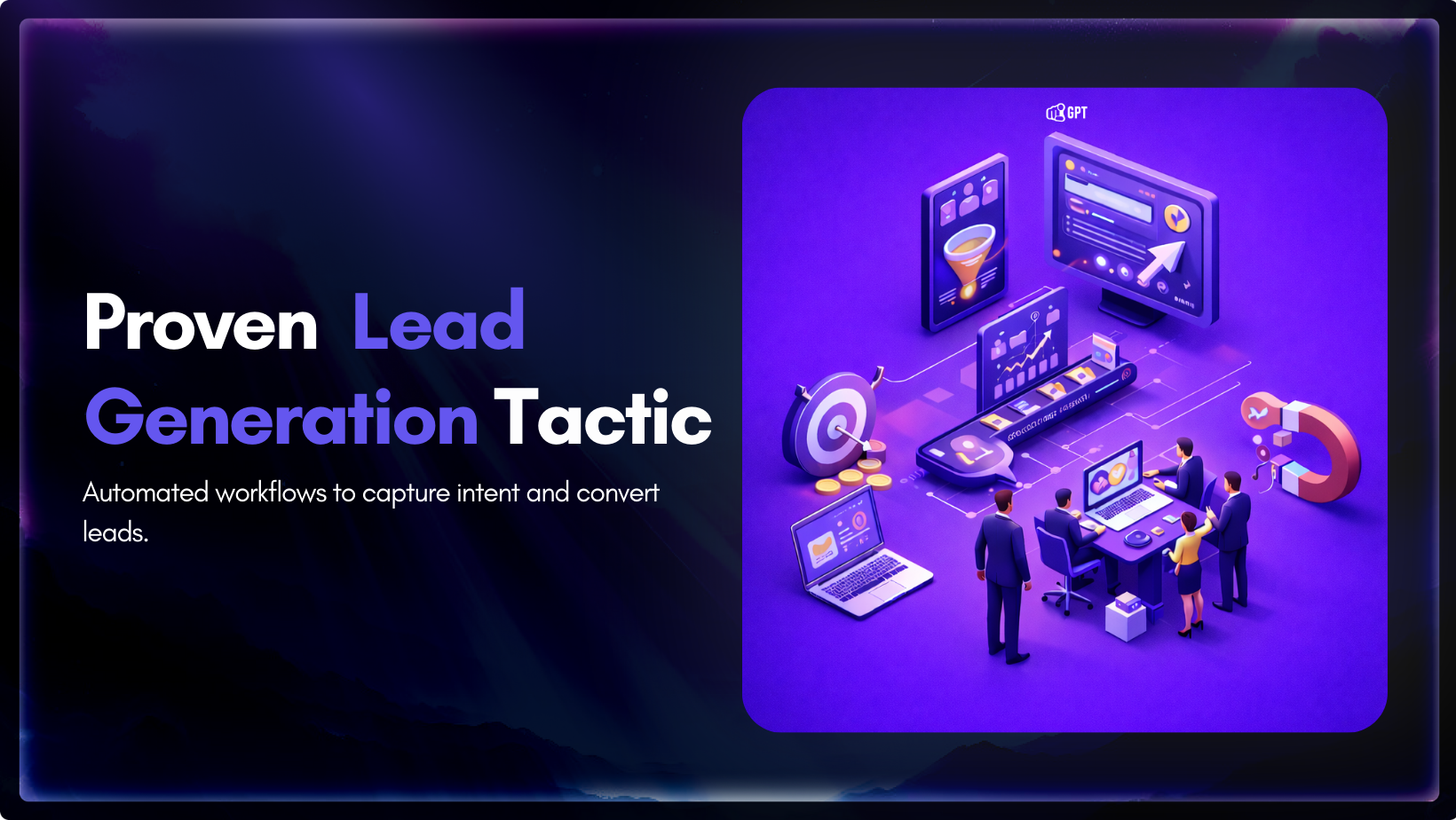
TL;DR Lead generation in 2026 works best with a multi-channel system, not isolated tactics. This blog covers 18 proven strategies and 12 optimizations used by top teams. You will learn how to combine AI, outbound, content, and community to build predictable lead flow at any scale. Lead generation is the lifeblood of every business. Without […]

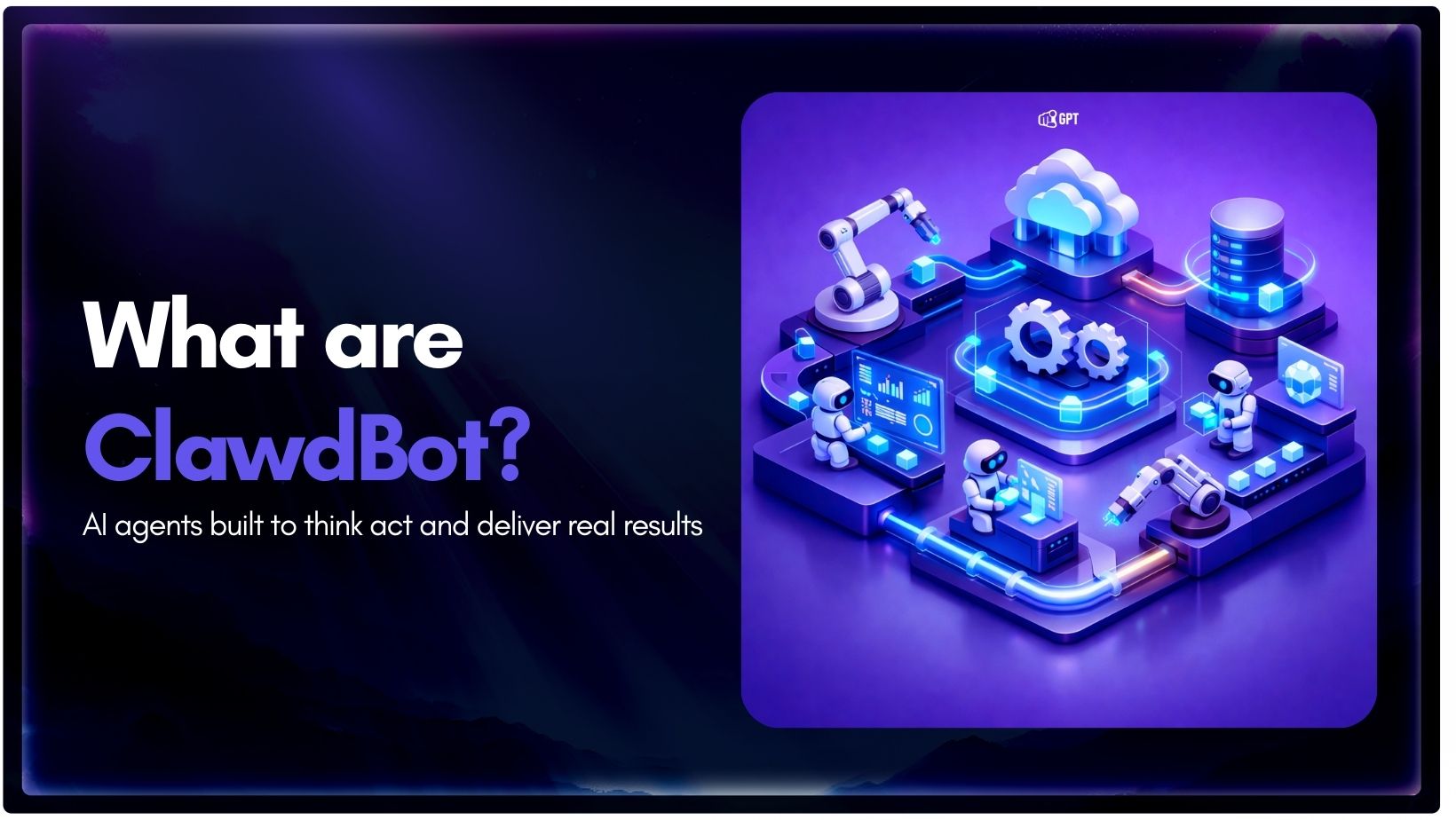
In 2026, “How many AI agents work at your company?” is not a thought experiment. It is a practical question about capacity. About how much work gets done without adding headcount, delays, or handoffs. Most teams have already discovered the limits of chatbots. They answer questions, then stop. The real opportunity is in AI agents […]
